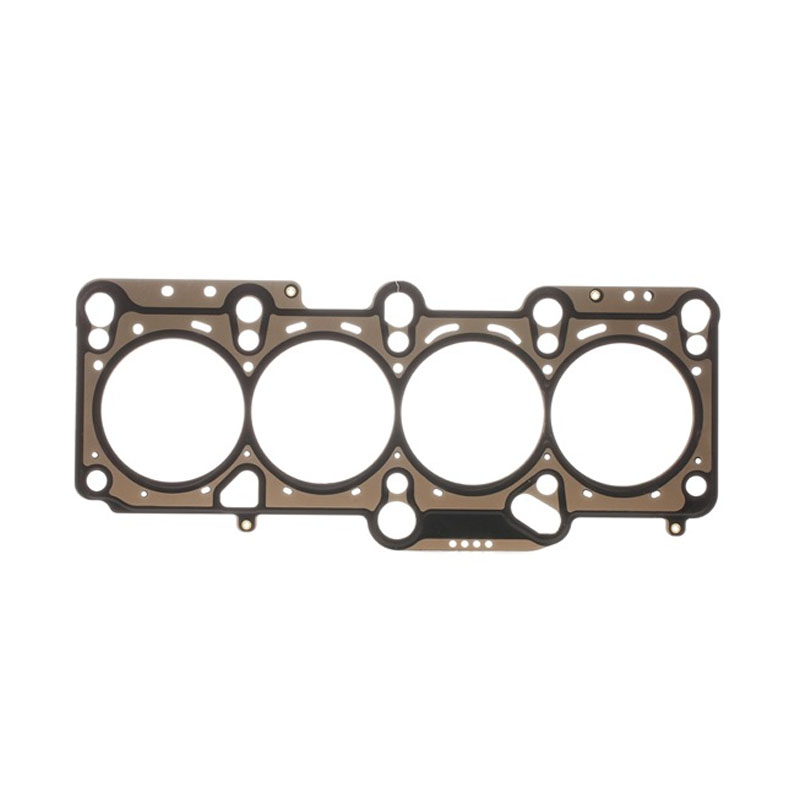Understanding Differential Output Shaft Seal Functions and Benefits in Automotive Applications
Understanding Differential Output Shaft Seals Importance, Types, and Maintenance
In the realm of automotive mechanics, various components work in unison to ensure the smooth functioning of vehicles. Among these components, the differential output shaft seal plays a crucial role in maintaining the integrity and performance of the vehicle's drivetrain. This article delves into the importance of differential output shaft seals, the types available, and tips for their maintenance.
What is a Differential Output Shaft Seal?
A differential output shaft seal is a small but significant component located at the point where the differential meets the output shafts. Its primary function is to prevent the leakage of lubricants, such as gear oil, from the differential casing. The differential itself is responsible for allowing the wheels to rotate at different speeds, which is essential for stable and safe cornering. The output shaft seal ensures that the lubricant within the differential remains contained, thereby protecting the internal components from wear and damage.
Importance of Differential Output Shaft Seals
The role of differential output shaft seals cannot be overstated. A compromised seal can lead to fluid leakage, which may result in several issues
1. Lubrication Failure If the differential fluid leaks out, it can lead to inadequate lubrication for the gears and bearings inside the differential. This can cause increased friction, leading to overheating and eventual failure of the differential.
2. Potential Damage When the lubricant leaks, dirt and debris can enter the differential casing. This intrusion can cause damage to the internal parts, leading to costly repairs.
3. Safety Hazards A leaking differential can result in hazardous driving conditions. In severe cases, it can lead to complete drivetrain failure, posing a significant safety risk to the driver and other road users.
4. Environmental Concerns Leaking oil not only affects vehicle performance but also poses environmental risks. Oil spills can contaminate soil and waterways, contributing to environmental pollution.
Types of Differential Output Shaft Seals
Differential output shaft seals come in various types, each designed for specific applications and performance requirements. Some of the common types include
differential output shaft seal

1. Rubber Seals Many vehicles utilize rubber seals due to their resistance to wear and ability to handle a range of temperatures. Rubber seals are flexible and provide a good seal against the output shafts.
2. Lip Seals These seals feature a flexible lip that creates a tight seal against the shaft. Lip seals are effective in preventing the escape of lubricants while accommodating minor imperfections on the shaft surface.
3. Metal Seals In high-performance applications or extreme conditions, metal seals may be used. These seals provide enhanced durability and resistance to heat but can be more challenging to install.
4. Polymer Seals Advanced polymer seals offer excellent resistance to chemicals and abrasion. They are often used in modern vehicles due to their longevity and effective sealing capabilities.
Maintenance and Replacement
Regular maintenance is key to ensuring the functionality of differential output shaft seals. Here are some tips for maintenance
1. Routine Inspections Regularly inspect the differential for signs of fluid leakage. Early detection can prevent further damage and costly repairs.
2. Fluid Level Checks Monitor the differential fluid level and ensure it is within the manufacturer’s specifications. Low fluid levels can indicate a leak.
3. Replace as Needed If you notice oil leaking from the differential, it may be time to replace the output shaft seals. While it may seem like a minor issue, addressing it promptly can prevent more significant problems down the line.
4. Professional Assistance If you're unsure about the condition of your differential output shaft seals or suspect a leak, consult with a professional mechanic. They can conduct a thorough inspection and recommend the best course of action.
Conclusion
Differential output shaft seals, though small, play a fundamental role in the efficiency and safety of your vehicle. Understanding their function, recognizing the signs of failure, and maintaining them properly can save you from costly repairs and ensure a smooth driving experience. Regular check-ups and timely replacements are essential practices for any conscientious vehicle owner.
-
The Ultimate Guide to Car Repair Kits: Tools and Essentials Every Driver Should Own
News Aug.01,2025
-
The Complete Guide to Oil Pan Gaskets: Sealing Engine Leaks the Right Way
News Aug.01,2025
-
Preventing Oil Leaks: A Complete Guide to Oil Pan Gaskets and Drain Seals
News Aug.01,2025
-
Everything You Need to Know About Oil Pan Gaskets and Drain Plug Seals
News Aug.01,2025
-
Essential for Car Owners: How to Use a Car Repair Kit to Deal with Minor Breakdown
News Aug.01,2025
-
Comprehensive Guide to Engine Oil Sump Gaskets and Related Seals
News Aug.01,2025
-
The Ultimate Guide to Boat Propeller Bearings and Trailer Wheel Bearings
News Jul.31,2025
Products categories















